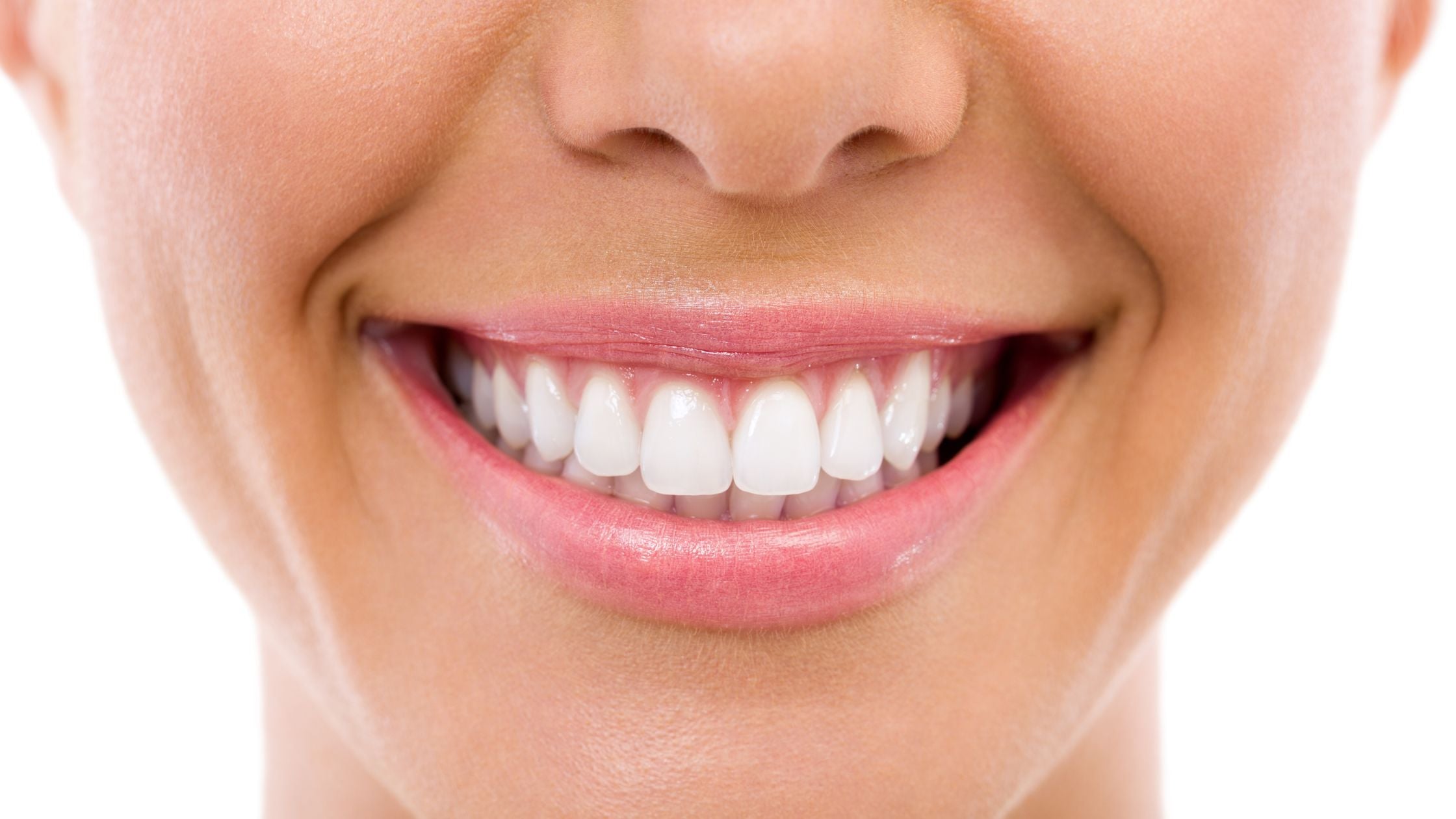Taking Care of Your Teeth Could Help You Live Longer

Some of the possible keys to longevity are well known. They include eating right, exercising, maybe taking certain vitamins. But there’s a surprising one that scientists are taking a closer look at: dental health.
Your teeth might be one of the last things you think about when considering the aging process. Most of us are worried about our hearts and our brains. Sure, you want to take care of your teeth because dental work is expensive, can be painful, and anxiety inducing for some people. But there is actually more to your mouth when it comes to living a long, healthy life!
More Teeth = Longer Life

A 2015 study looked into tooth loss and life span and found that there is a correlation. People with 20 or more teeth at the age of 70 had a longer life expectancy than those with less than 20 teeth. When analyzing the data further, they concluded that each tooth you have in your mouth at age 70 reduces your 5-year mortality risk by 4%!
Another study surveyed over 21,000 people over the age of 65, asking about their oral health habits. Mortality data was collected over the next four years. That study confirmed that the more teeth that participants had, the longer they lived. It also showed that people who brushed their teeth, visited the dentist regularly and even those who wore dentures had a 46% lower mortality risk than the people who did none of those things.
Use It or Lose It
As some people age, their teeth become more prone to cracking and damage. This is called oral frailty. A 2020 scientific review done in Japan showed that people with oral frailty tend to be at higher risk for conditions that require nursing care and could lead to death!
As we’ve just discussed, there is a strong relationship between the number of teeth and longevity. But this study concluded that dentures can also help with keeping oral function strong. Having teeth in your mouth, whether real or artificial, helps with occlusion, or the contact between the top and bottom teeth. Occlusion is what allows us to chew. Without good occlusion, the food you can eat is limited and so is your diet. This helps us avoid malnutrition and muscle or bone deterioration, both things that can lead to death.
Gums Matter Too!

If you’re like most people, you probably brush just fine but skip flossing more often than you’d like to admit. Every 6 months, your dentist reminds you to floss and you go on your merry way, flossing occasionally (or maybe never) until your next appointment. Flossing helps lower the chances of tartar and plaque buildup in between your teeth which in turn causes your gums to become irritated. This leads to gum disease.
When it comes to longevity, gums are important too. Inflamed gums can be an indicator of other diseases. In fact, your dentist can potentially detect signs of heart disease, diabetes, kidney disease, or even blood disorders like leukemia.
The Mouth is Connected to Everything Inside of You
Your mouth is the entry way into your digestive system and respiratory tracts. When your mouth is full of harmful bacteria, it can get inside of you and make you sick. Our immune system can take care of some of the bad stuff, but good oral care is the first defense. Without healthy practices such as tooth brushing or flossing, bacteria can reach harmful levels that cause tooth decay and gum disease.
Tips for Tooth Care

Honestly, there is nothing new here. This is stuff you’ve been learning about since Kindergarten, but since it is very important, we’ll remind you.
-
Brush your teeth at least twice a day with a fluoride toothpaste.
-
Lightly brush your gums and tongue as well.
-
Floss daily!
-
Cut down on sugary food and drinks.
-
Visit your dentist for a cleaning and check up every six months.
Correlation is Not Causation
Having poor oral hygiene very likely isn’t the total cause of health problems or even the reason a person might live longer. Someone who isn’t doing a basic thing like brushing their teeth daily probably isn’t taking good care of themselves at all.
Poor oral health can point to health issues and an environment that is likely to lead to diabetes, heart disease, and other age related health problems. Additionally, stress, poor diet and other factors that affect tooth loss are also likely to lead to reduced life expectancy. It’s all one big connection.
Remember that oral health care is a part of overall health care. You’ll look better and feel better with fresh breath and a healthy smile. Make taking care of your mouth a habit, if you haven’t already!